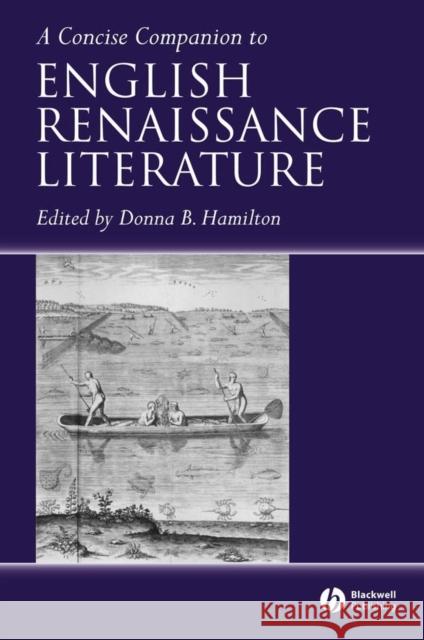A Concise Companion to English Renaissance Literature » książka
topmenu
A Concise Companion to English Renaissance Literature
ISBN-13: 9781405113571 / Angielski / Twarda / 2006 / 288 str.
This Concise Companion launches students into the study of English Renaissance literature through the central contexts that informed it.
- Places the poetry within contexts such as: economics; religion; empire and exploration; education, humanism and rhetoric; censorship and patronage; royal marriage and succession; treason and rebellion; -others- in England; private lives; cosmology and the body; and life-writing.
- Incorporates recent developments in the field, as well as work soon to be published.
- Entices students to explore the subject further.
- Provides new syntheses that will be of interest to scholars.
- All the contributors are highly regarded scholars and teachers.











